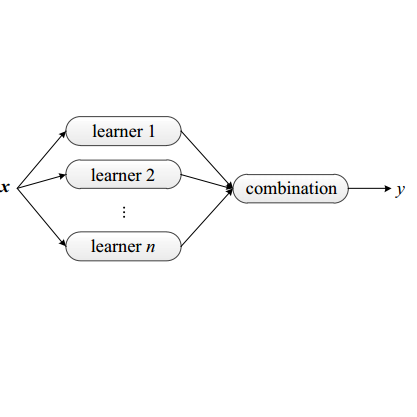Human-Computer Interaction (HCI) has been the subject of research for many years, and recent studies have focused on improving its performance through various techniques. In the past decade, deep learning studies have shown high performance in various research areas, leading researchers to explore their application to HCI. Convolutional neural networks can be used to recognize hand gestures from images using deep architectures. In this study, we evaluated pre-trained high-performance deep architectures on the HG14 dataset, which consists of 14 different hand gesture classes. Among 22 different models, versions of the VGGNet and MobileNet models attained the highest accuracy rates. Specifically, the VGG16 and VGG19 models achieved accuracy rates of 94.64% and 94.36%, respectively, while the MobileNet and MobileNetV2 models achieved accuracy rates of 96.79% and 94.43%, respectively. We performed hand gesture recognition on the dataset using an ensemble learning technique, which combined the four most successful models. By utilizing these models as base learners and applying the Dirichlet ensemble technique, we achieved an accuracy rate of 98.88%. These results demonstrate the effectiveness of the deep ensemble learning technique for HCI and its potential applications in areas such as augmented reality, virtual reality, and game technologies.
翻译:暂无翻译


